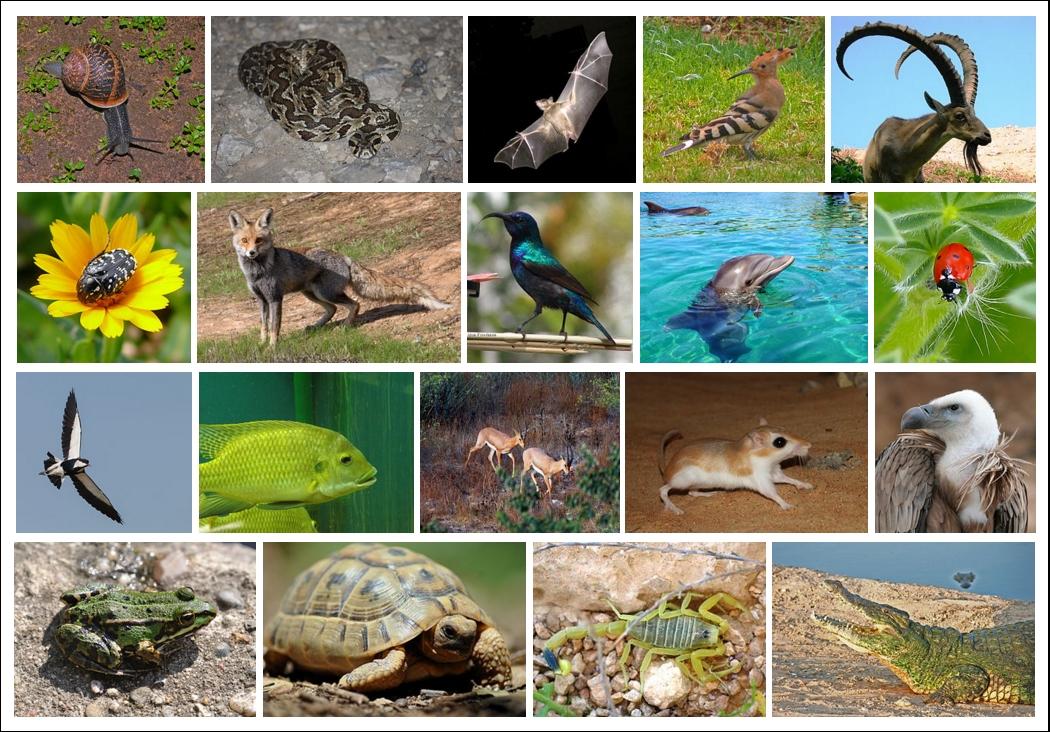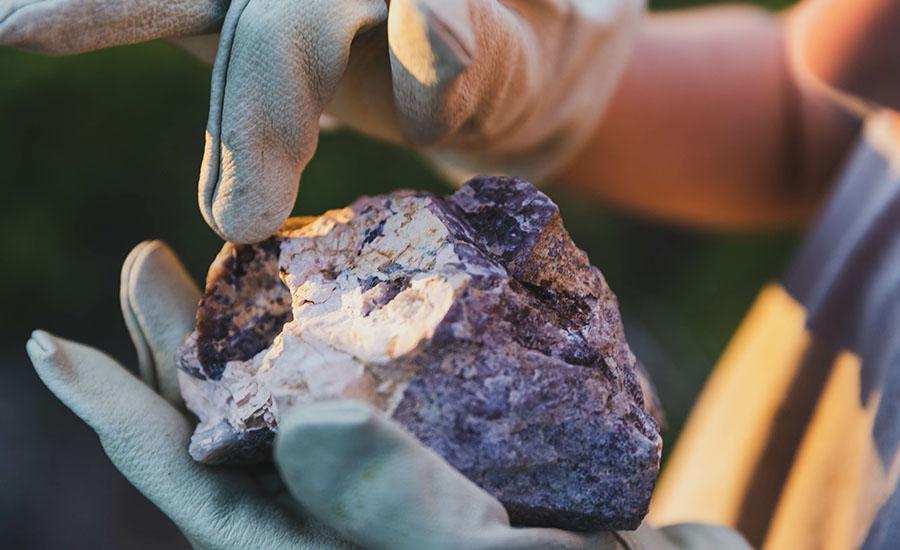
Exploring Plant Life Cycles and Bee Basics! Part 2 of 3
Day 2 of this lesson plan for 1st-grade students plays a crucial role in bridging theoretical understanding with hands-on experience. It deepens students' knowledge of pollination, emphasizing the essential role of bees in plant reproduction. Through the creation of seed balls for bee-friendly wildflowers, this day reinforces STEM concepts. Students explore the intricate process of pollination and learn about the ecological importance of wildflowers. Additionally, the lesson introduces the life cycle of bees, aligning with STEM objectives. The hands-on activity involves practical elements such as material use and measurement, and it supports ecological stewardship. By fostering a sense of responsibility towards the environment and instilling a comprehensive understanding of plant-pollinator interdependence, Day 2 enriches STEM learning while engaging young learners.
Lesson Grade Level
1st GradeLesson Plan Link/URL
https://docs.google.com/presentation/d/1e4uT8_W6b-6FkQbRhgnUjhieEuZiKAHX/edit?u…Subject Area
Science Life Science L1: Cells L2: Organisms & Energy Technology 2. Digital Citizen Mathematics Measurement and Data (MD) English Language Arts (ELA) WritingRelated Content

This is the 2nd lesson in a series of 3. In this 8-week project, 6th-grade students will collaborate in small groups to create eco-friendly inventions that aim to reduce their carbon footprints and

The purpose of this lesson is to explore with students the mining process and the potential impacts humans have on ecosystems and their populations. Once completed students should have a deeper

Quail Farming
Students will learn about the three pillars of sustainability through their quail farm. They will incubate, raise and restock their quails in order for them to be sustainable regardless of what